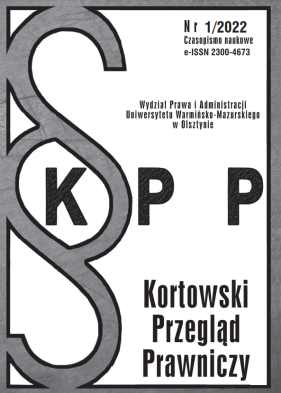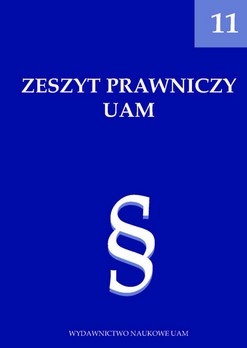
A Brief Comparison of the European and the American Approach to Predatory Pricing
Predatory pricing might be called as „the trickiest antitrust problem“ due to the power of predatory pricing to lay bare the most controversial features and deepest contradictions of antitrust law – „using competition to destroy competition“ and „probihiting competition to foster competition“ – those are the callenging statements that pust to the extreme the law and economic of the predatory pricing, since those two statements really make sence only when it comes to the predatory pricing. This article aims to provide a brief explanation of divergent approaches to predatory pricing within the European jurisdiction and the American jurisdictions. The situation in the Czech Republic is mentioned as well although the Czech decisional practice is in line with the European decisional practice in the field of predatory pricing.
More...



